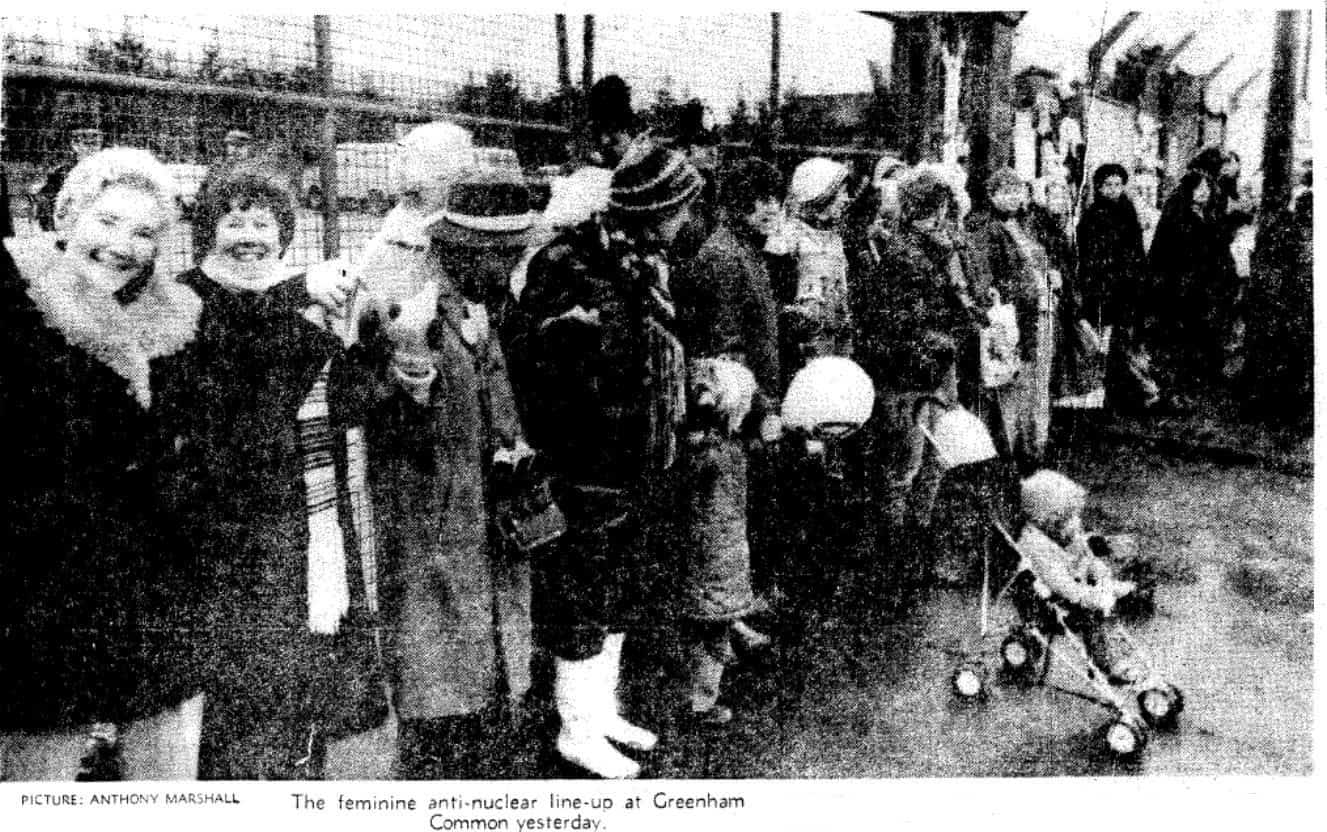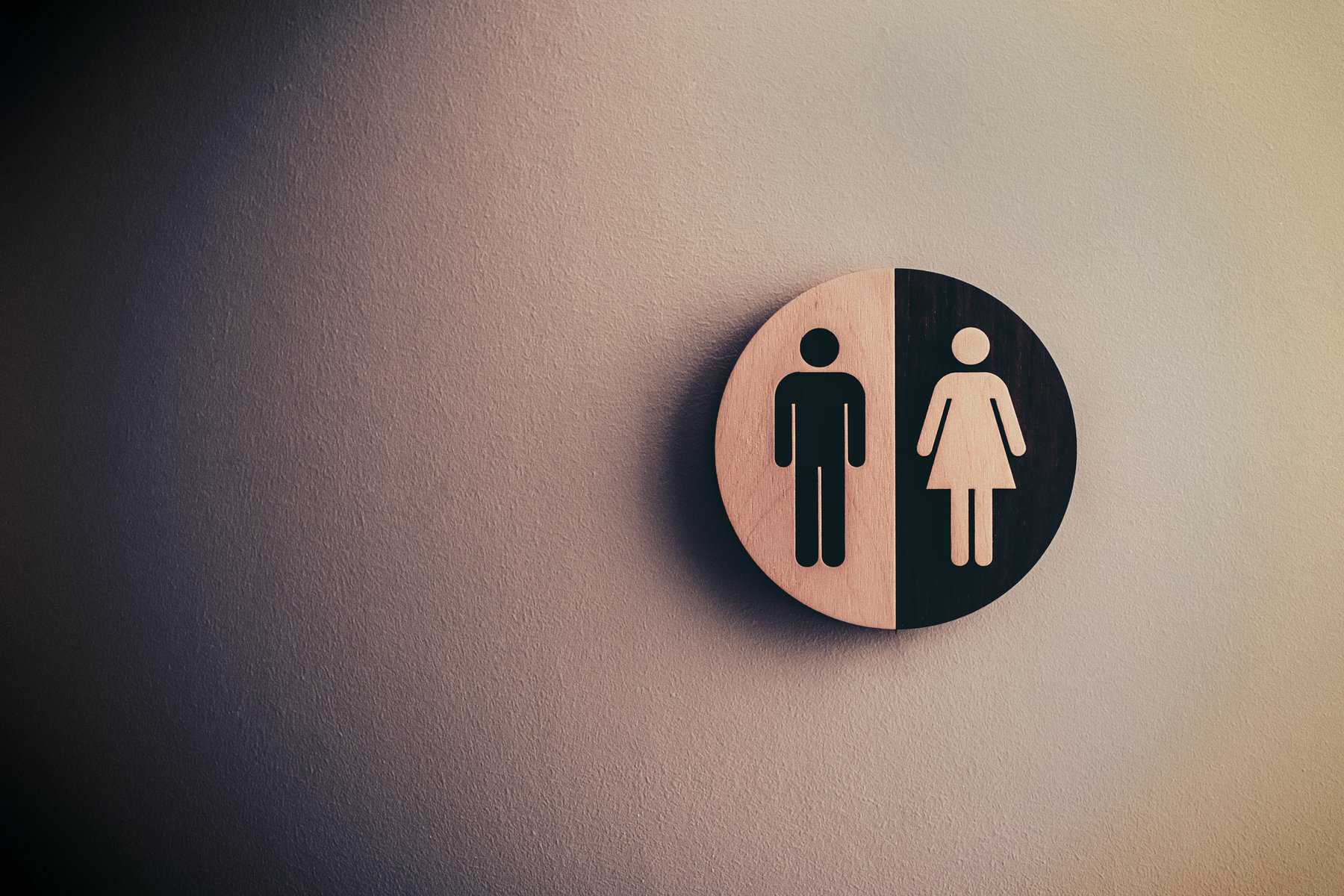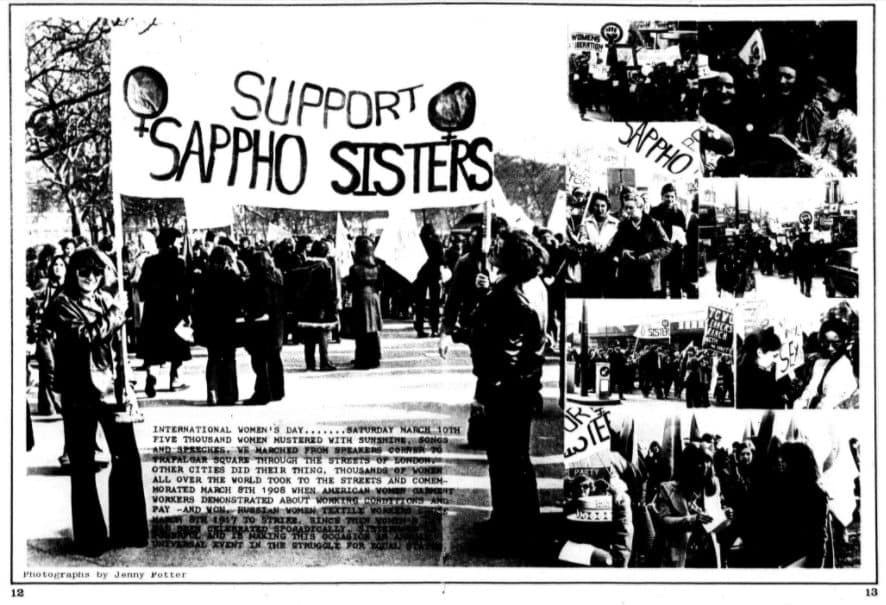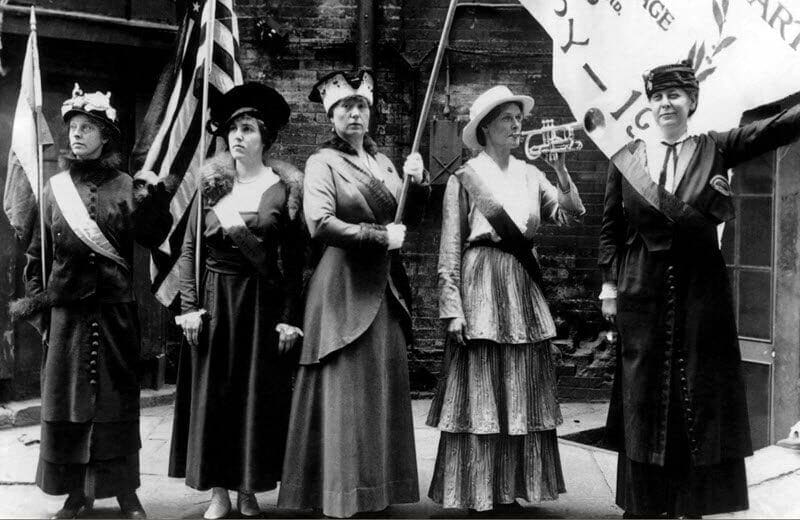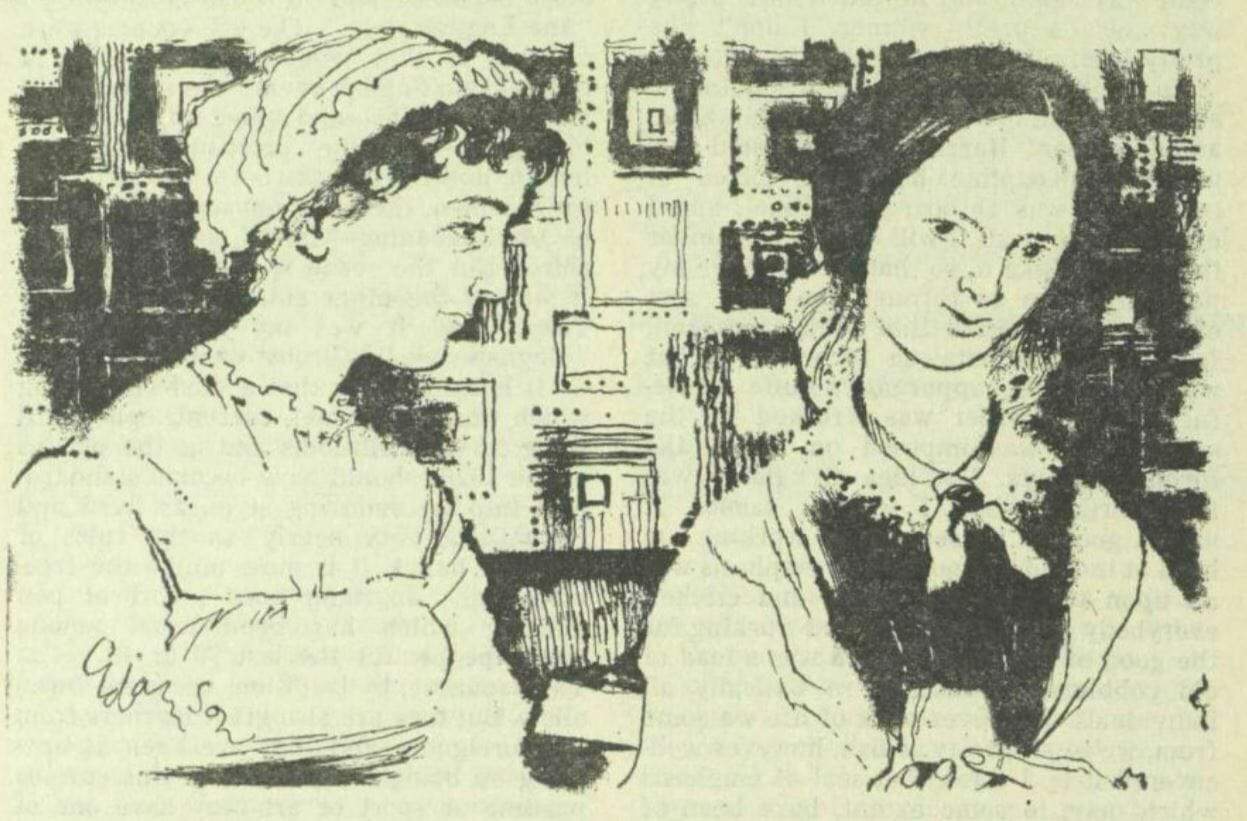By Megan Bowler, Gale Ambassador at the University of Liverpool
In an ardent and empowered, non-violent and non-alignment protest, more than 70,000 women demonstrated for nearly twenty years between 1981-2000 against the implementation of 96 American Cruise Missiles on the RAF Greenham Common base, Berkshire. Throughout the entirety of the women’s campaign, a conflict between feminist and anti-nuclear sentiment prevailed within highly derogatory and grossly gendered national and international news reports. As a result, the rhetorical nature of the protest came to be mispresented as an entirely feminist, rather than a predominately nuclear, issue.

